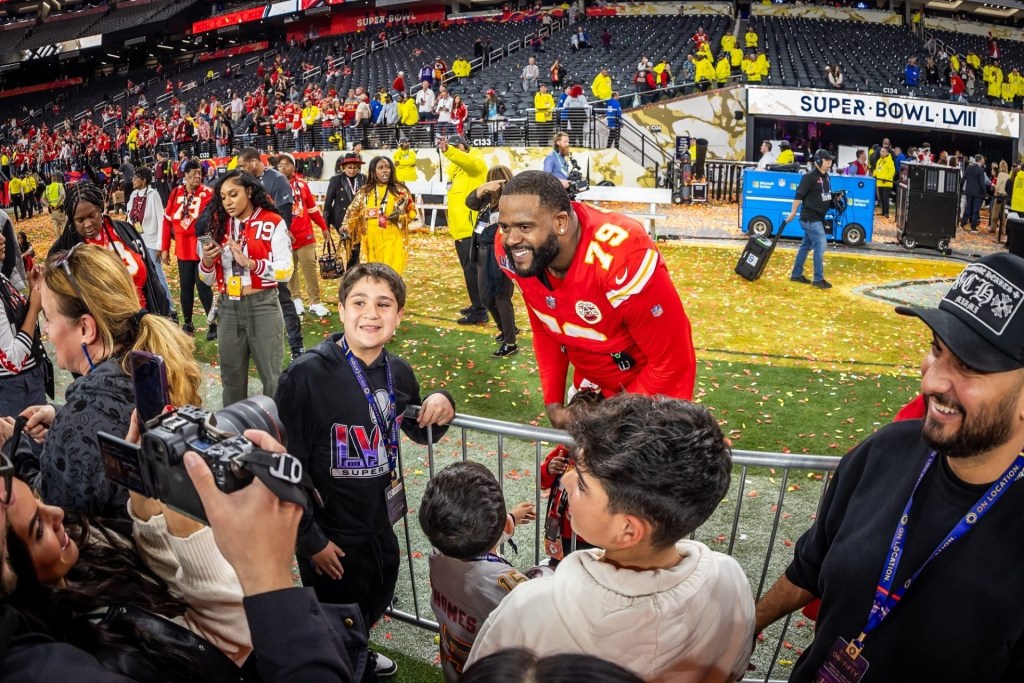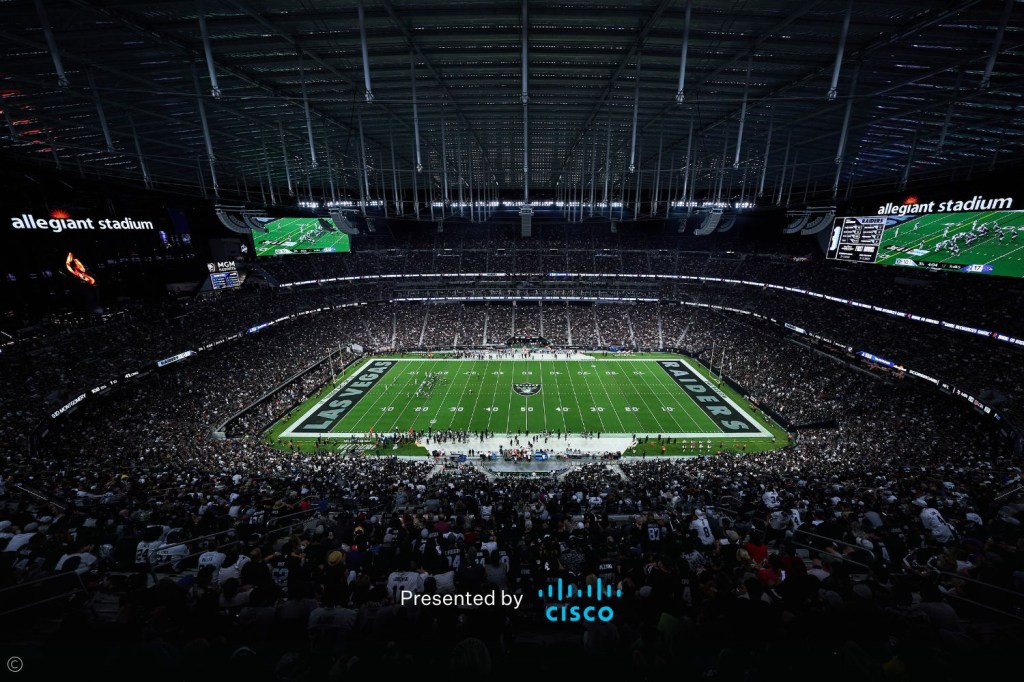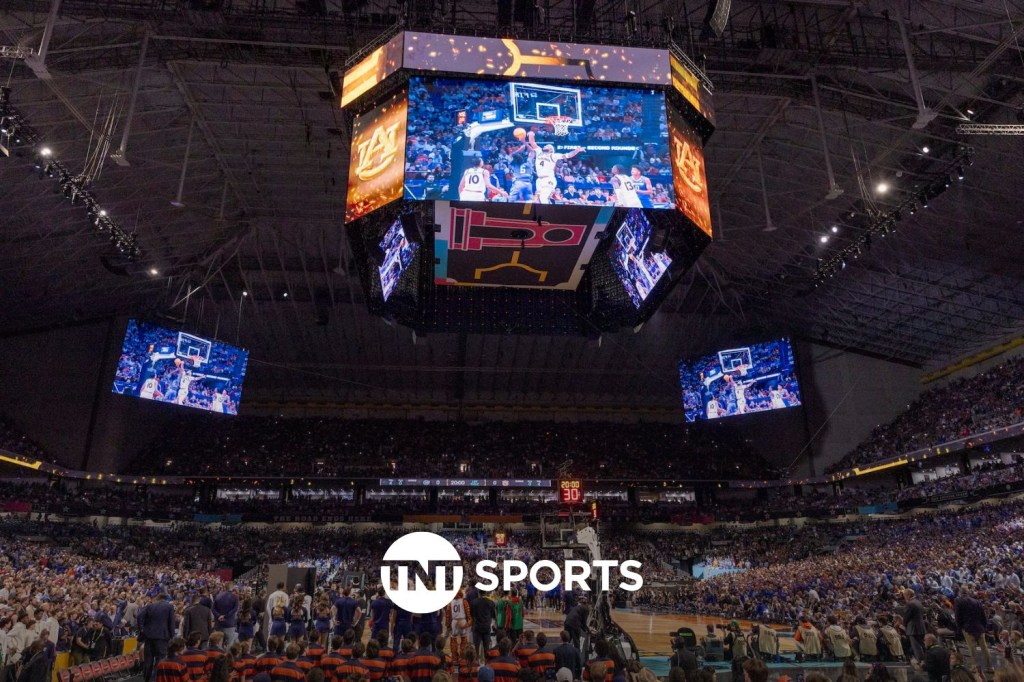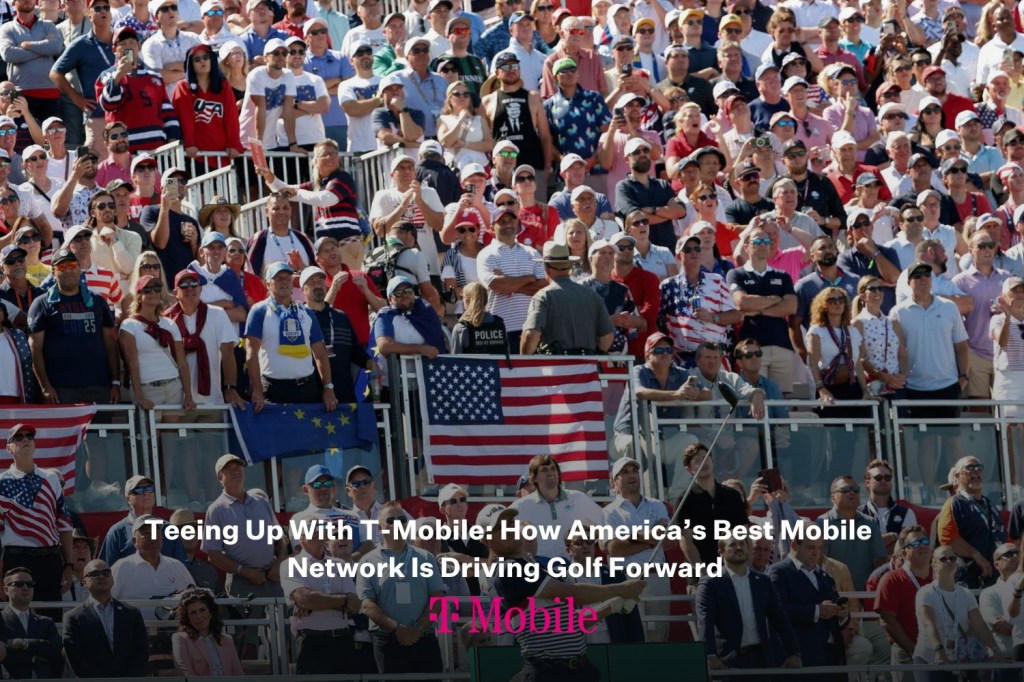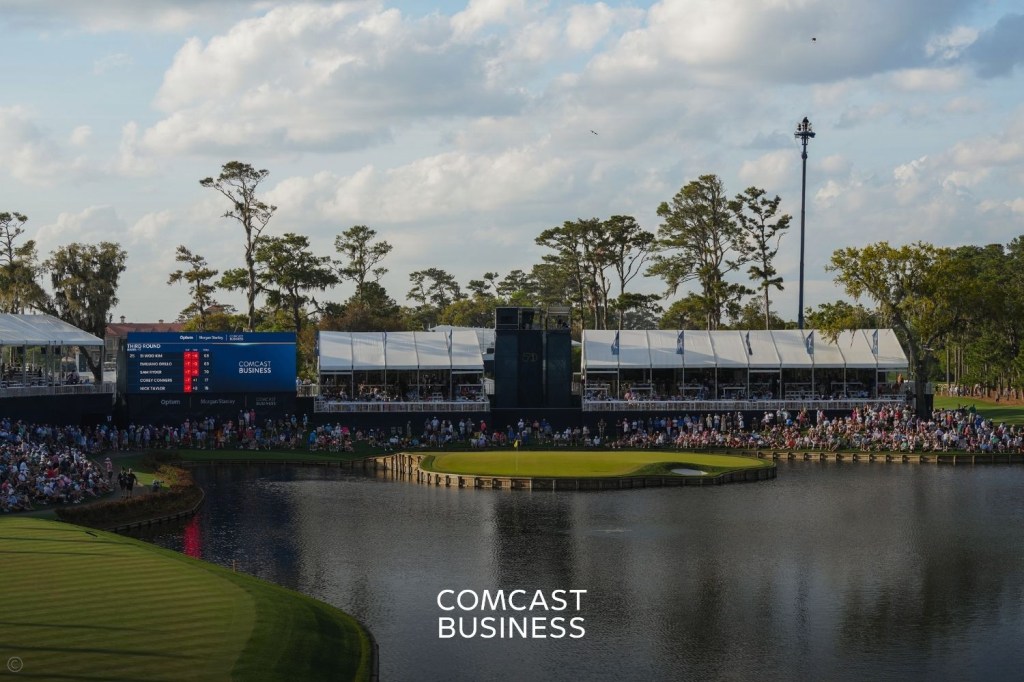This season, baseball fans of the Nashville Sounds will be able to enjoy a meal overlooking left field at the team’s new restaurant, Third and Home.
The hope is they stay through the off-season too, as the restaurant is in a $50 million development next to the ballpark and will be open year-round. It’s one of the latest examples of baseball teams working to make their stadiums a destination whether the team is in action or not.
“It’s been in the works for a long time,” Adam Nuse, Sounds general manager, said. “When ballparks like this are built, we’re tasked with helping the economic development of the area and improve the quality of life of the Germantown area. When the park was built, the expectations were apartments, restaurants and cool development.”
Third and Home is the result of a growing entertainment district around First Horizon Park, which opened in 2015. The developers, Chris and Tim Ward, are the sons of Sounds’ co-owner Frank Ward, and their plans include a 285-unit apartment building beyond the left field wall.
The new restaurant is also a response to The Band Box, a 4,000-square-foot restaurant and bar that opened in right field of the ballpark, featuring couches, ping pong, cornhole, foosball, shuffleboard and a nine-hole mini-golf course. The success of The Band Box since the park’s opening left the Sounds looking for a similar venue in left field. Enter new development — a piece of the original stadium proposal — featuring Third and Home and anchored by Brooklyn Bowl, a bowling alley, restaurant and music venue concept with locations in New York and Las Vegas.
“The Band Box is something special and we’ve been looking for ways to make it happen in left field area and have it be year-round,” Nuse said.
New stadiums are increasingly the center of mixed-use developments, with a team’s home anchoring a bundle of retail, office and residential. Notable recent examples include The Battery Atlanta, the Golden State Warriors’ Chase Center and, coming this summer, SoFi Stadium in Los Angeles.
It doesn’t have to be new stadiums built from the ground up, either.
In January, Giants Enterprises announced an expansion of Pier 48, an indoor event space adjacent to Oracle Park.
Last week in Milwaukee, the Brewers announced the opening of a restaurant in the former TGI Friday’s space along left field. The newly-rebranded Restaurant To Be Named Later is in Miller Park, but it’s also open all year for lunch and dinner. On game days, ticket packages can be purchased for seats on the outdoor porch or inside along glass windows overlooking left field.
READ MORE: Globe Life Park Begins Second Life As Rangers Move Out
Between the restaurant and the team store, the Brewers welcome fans throughout the day, regardless of whether there’s a home game, Rick Schlesinger, Brewers president of business operations said.
“When Miller Park was built, ownership anticipated that fans would welcome a year-round experience and the market would support it,” Schlesinger said, noting the stadium’s proximity to Milwaukee’s downtown. “Having the restaurant adjacent to the team store was a strategic decision and it continues to be a great model for us.”
In Nashville, Third and Home is owned by Frank Ward, but will be jointly operated by the Sounds and the team’s hospitality partner, Centerplate.
“It’s a true partnership,” David Keitel, Centerplate general manager at First Horizon Park, said. “The Sounds will handle what the Sounds do well, from a marketing standpoint and facility maintenance, and everything we do well will be handled by us. It’s a true partnership because we both have skin in the game.”
Nuse said Third and Home will be separated from baseball operations as much as possible, but there will inevitably be some crossover for premium games in Nashville.
“What we have that no one else has is the view of the park and the partnership with the Sounds,” he said. “You can go to any sports bar and they’ll have cold beer, hot wings, but they don’t have that view. It’s an inviting space and has all the TVs as a sports bar, but what direction from there, it’s up to the customers.”
READ MORE: Amalie Arena Upgrades Aim to Keep Concessions Fresh for Lightning Fans
With ever-growing entertainment options, especially in Nashville, the neighborhoods around ballparks are more important than ever, Nuse said.
“In Minor League Baseball, we can’t sell wins and losses,” he said. “Winning is not a business strategy for us and we have to come up with a way to get people down, people who aren’t baseball necessarily baseball fans. You do that by creating different experiences.”
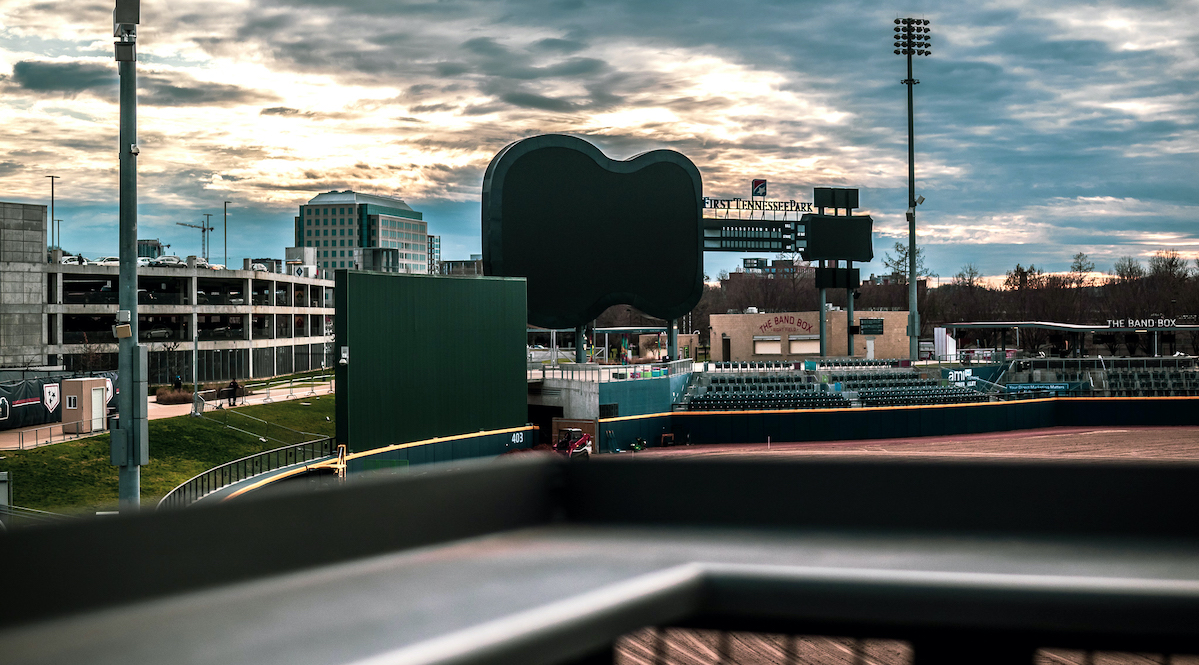
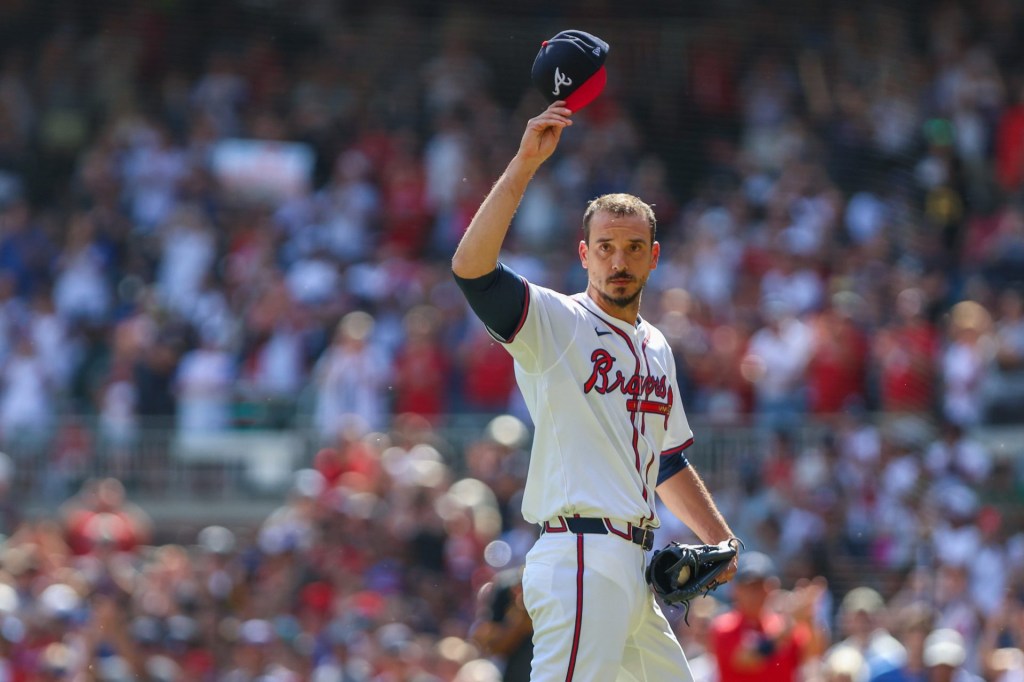
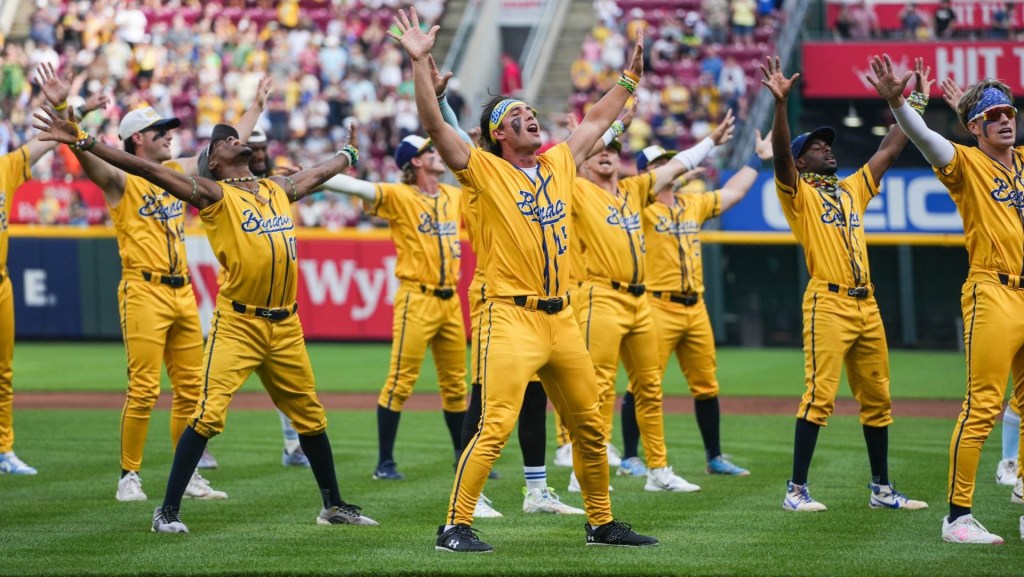
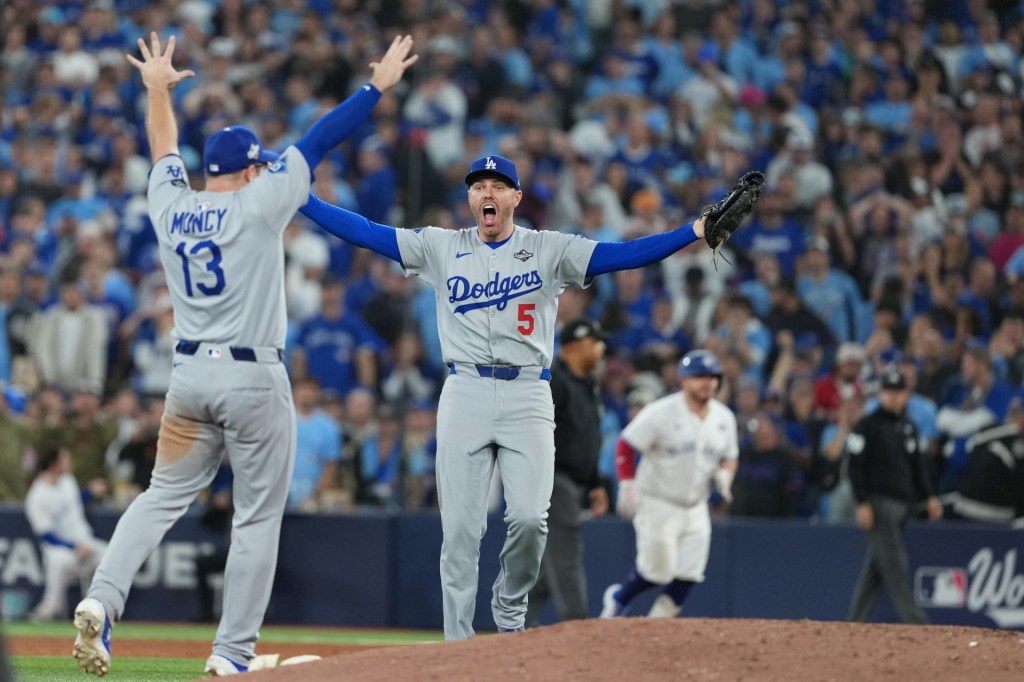
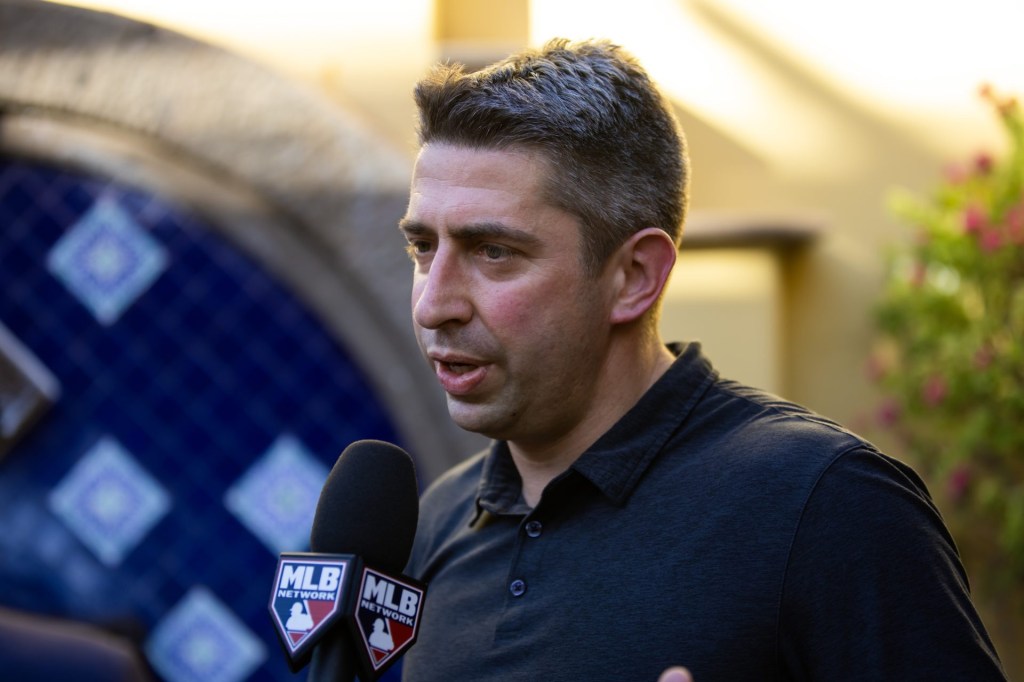
![[Subscription Customers Only] Jul 13, 2025; East Rutherford, New Jersey, USA; Chelsea FC midfielder Cole Palmer (10) celebrates winning the final of the 2025 FIFA Club World Cup at MetLife Stadium](https://frontofficesports.com/wp-content/uploads/2026/02/USATSI_26636703-scaled-e1770932227605.jpg?quality=100&w=1024)




